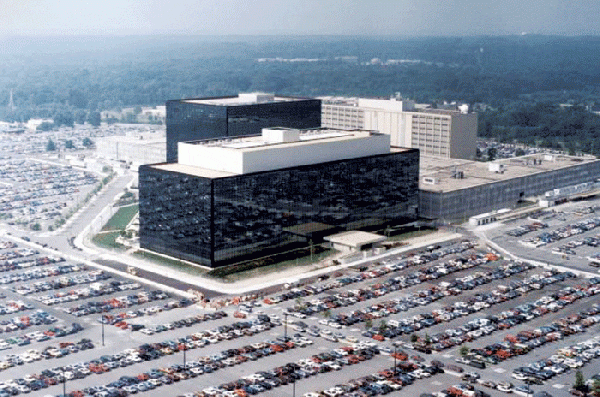
NEW YORK — A U.S. spying program that systematically collects millions of Americans’ phone records is illegal, a federal appeals court ruled on Thursday, putting pressure on Congress to quickly decide whether to replace or end the controversial anti-terrorism surveillance.
Ruling on a program revealed by former government security contractor Edward Snowden, the 2nd U.S. Circuit Court of Appeals in Manhattan said the Patriot Act did not authorize the National Security Agency to collect Americans’ calling records in bulk.
Circuit Judge Gerard Lynch wrote for a three-judge panel that Section 215, which addresses the FBI’s ability to gather business records, could not be interpreted to have permitted the NSA to collect a “staggering” amount of phone records, contrary to claims by the Bush and Obama administrations.
“Such expansive development of government repositories of formerly private records would be an unprecedented contraction of the privacy expectations of all Americans,” Lynch wrote in a 97-page decision. The appeals court did not rule on whether the surveillance violated the U.S. Constitution.
It also declined to halt the program, noting that parts of the Patriot Act including Section 215 expire on June 1.
Lynch said it was “prudent” to give Congress a chance to decide what surveillance is permissible, given the national security interests at stake.
Enacted after the Sept. 11, 2001 attacks, the Patriot Act gives the government broad tools to investigate terrorism.
Snowden, a former NSA contractor who lives as a fugitive in Russia, in June 2013 exposed the agency’s collection of “bulk telephony metadata.” This data includes the existence and duration of calls made, but not the content of conversations.
U.S. Attorney General Loretta Lynch said at a Senate budget hearing on Thursday that NSA data collection was a “vital tool in our national security arsenal,” and that she was unaware of privacy violations under its existing program.
Snowden could not immediately be reached for comment.
The 2nd Circuit is the first federal appeals court to rule on the NSA program’s legality. Federal appeals courts in Washington, D.C. and California are also weighing the matter.
While the government could appeal Thursday’s decision, it will likely wait for Congress.
If Congress revamps the NSA program, then courts may need to review what it does. And if Congress reauthorizes Section 215, there could be further litigation that may ultimately require the Supreme Court’s attention.
Ned Price, a spokesman for the White House’s National Security Council, said President Obama wants to end the NSA program, and is encouraged by the “good progress” on Capitol Hill to find an alternative that preserves its “essential capabilities.”
Last week, the House Judiciary Committee voted 25-2 to end the bulk collection of telephone data through the USA Freedom Act. The bill is expected to pass the full House, and the White House has signaled support for it.
While a similar bipartisan bill is pending in the Senate, Majority Leader Mitch McConnell and Intelligence Committee chair Richard Burr, both Republicans, have proposed extending Section 215 and other parts of the Patriot Act through 2020.
Harry Reid, the Nevada Democrat and Senate minority leader, rejected that alternative, calling it “the height of irresponsibility to extend these illegal spying powers when we could pass bipartisan reform into law instead.”
The existing NSA program has repeatedly been approved in secret by a national security court established under a 1978 law, the Foreign Intelligence Surveillance Act.
“FISA has been critically important in keeping us safe in America,” McConnell said on Thursday.






Leave a Reply